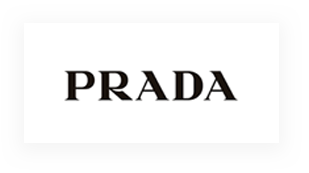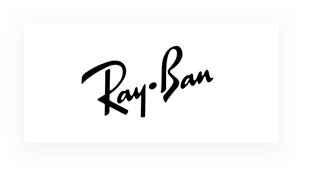The myth that eyeglasses make your vision worse may stem from the general trajectory that eyeglass prescriptions become stronger over time. While it’s true that your eyes may need a stronger prescription at your next eye exam, it can be the result of many factors: age, genetics, lifestyle choices, or other causes.
As you age, your eyes change and grow, especially throughout adolescence and early adulthood, and you may require corrective lenses for refractive errors, such as:
- Myopia
- Hyperopia
- Astigmatism
It’s possible to develop changes in your vision, requiring more updated prescriptions. For this reason, we recommend annual eye exams, especially for those under 18.
Common Vision Problems
There are a variety of vision problems that can be corrected through prescription lenses. The type of refractive error you have can play a role in how often your prescription changes.
Myopia
Those with myopia, or nearsightedness, struggle to see clearly at a far distance. When the eyeball shape is too long or the front of the eye, the cornea, is too curved, the light that enters the eye doesn’t focus correctly on the retina.
This refractive error typically begins in school-age children but can progress until your early 20s as the eyes grow and change shape. It may start with slight difficulty watching television or seeing the whiteboard at school and can worsen over time.
Myopia can also worsen depending on how you use your eyes. People who spend much of their time reading, sitting at a computer, or doing other close visual work can be more likely to develop myopia. High levels of screen time may also be a contributing factor in myopia progression.
Hyperopia
Hyperopia is the most common refractive error among children, but as they grow, their eyes tend to become myopic or emmetropic, when the light passes through the lens and focuses on the retina normally.
When the eyeball is too short, or the cornea is too flat, light doesn’t bend properly and falls short of the retina, leading to blurry vision at close distances. Children may need glasses to correct their hyperopia, but their prescriptions will likely change as they age.
Astigmatism
A normal eye is evenly round, but those with astigmatism tend to have an egg-like or oval-shaped eye, changing the contour of the cornea. Astigmatism can cause vision at all distances to be distorted and blurry and can occur with myopia or hyperopia.
Astigmatism will often remain stable or change gradually between eye exams. The cause of the change can be related to another refractive error or another condition, such as keratoconus.
Presbyopia
As you age, the lens of your eye may stop focusing light correctly on the retina, causing near vision to deteriorate. After 45, the eye’s lens becomes less flexible and more solid, but it’s not the same as farsightedness. Presbyopia is age-related blurry vision and worsens over time, but after 65, it usually stabilizes.
Once you reach that age, your optometrist may recommend reading glasses to help improve close vision.
Wearing the Wrong Prescription
Wearing your glasses improves your vision; it doesn’t weaken it. However, if you’re wearing old lenses and haven’t updated your prescription, your glasses can feel uncomfortable.
Older glasses that aren’t adequately correcting your vision can force your eyes to work harder, but that’s not a good thing. Overworking your eye muscles because of a prescription that’s too weak can cause:
- Eye pain
- Fatigue
- Headaches
- Eye strain
- Blurry vision
In some cases, wearing improper lenses can cause your brain to favour one eye over the other, potentially leading to amblyopia, or lazy eye.
Wearing your glasses as your optometrist prescribes won’t weaken your eyes. You can’t fight the aging process or change the shape of your eye, but corrective lenses can help support your vision and eye health by making your eyesight crisp and clear.
How to Manage Low Vision
If your vision deteriorates significantly, you may be experiencing low vision. Low vision is a problem that can’t often be fixed with corrective glasses or contact lenses. Everyday activities, including reading, driving, distinguishing faces or colours, and viewing screens clearly can be a struggle.
There are different types of low vision, including:
- Central vision loss
- Peripheral vision loss, or loss out of the corner of your eyes
- Night blindness, or the inability to see in low light
By using better lighting, magnifying glasses, or enlarged fonts, you can manage low vision and still enjoy your favourite activities.
Update Your Glasses
At Urban Optique, we know the right pair of glasses makes all the difference in your sight and style. Schedule a comprehensive eye exam for a new prescription before finding your new pair of frames and lenses, no matter what vision problems you’re correcting.
















